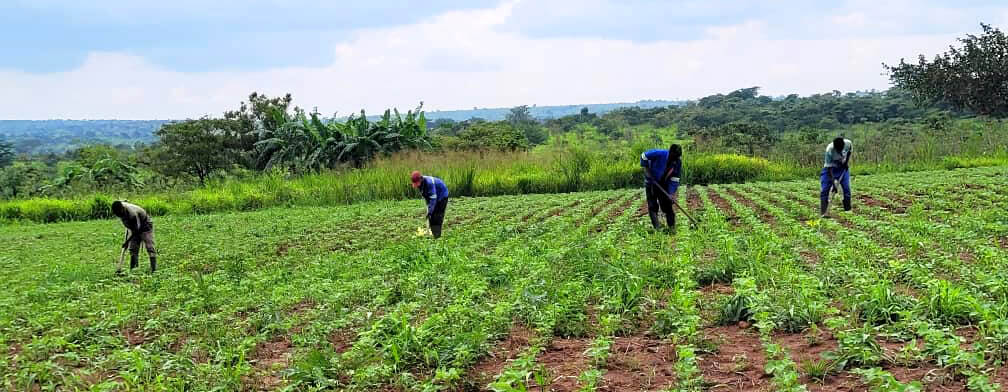
ATLANTA – The Yambasu Agriculture Initiative (YAI), Global Ministries’ innovative program that helps African central conferences transform their land resources to support church programs and communities, completes its third year of operation in October. Nineteen annual conferences are currently involved in different phases of projects as they discover what works best in their regional areas. Enterprises including cash crops and new vegetable varieties, animal raising, fish farms, honey production and seed banks have met with measurable success across the continent.
Global Ministries supports these commercial and community farming activities with the goal of enhancing food security, increasing household incomes and promoting revenue at the annual conference level.
With severe grain shortages looming again this year as a result of the war in Ukraine and other swings in the global food market, the need to increase agriculture production and find reliable ways to ensure food security in Africa is stronger than ever. YAI is helping United Methodists make substantial progress to support local communities at just the right time in places that have faced hunger for far too long.
As each annual conference taps its own expertise and gains support and new ideas from YAI training, they develop agriculture ministries that best suit their context, producing a great variety of pursuits in different countries and environments.
Meeting demand for corn, cassava and rice
Conferences produce both cash crops and staples for generating income and addressing food insecurity needs at the household level. Demand is high across the African continent for corn, rice and cassava as key staple crops in most African countries.
Sierra Leone and Nigeria conferences have both invested in increased rice production. The Central Nigeria Conference ventured into dry season rice production, extending a harvest into a time of year when few producers have a new crop ready. Ezekiel Nyangani, the YAI team leader in Central Nigeria, says: “the cycle will continue into the rainy season so that rice production, which is the staple food for many Nigerians, will continue all year round.”
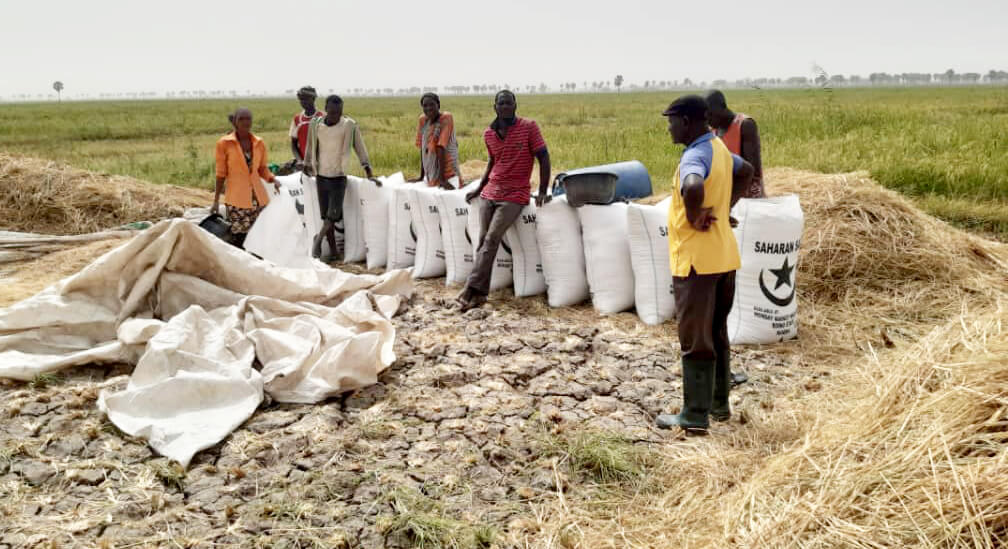
While conference teams invest in seeds and tools, a big investment that significantly increases production is heavy machinery for plowing, cultivating, harvesting and grain milling. They start out renting for the conference projects and extend their reach to nearby community farmers. Eventually, as the harvests yield income, many will buy industrial farm equipment.
Four mission farms in Zimbabwe (Nyadire, Hanwa, Old Mutare and Mutambara) are expanding corn production. The Rev. Lancelot Mukundu, at the Nyadire Mission farm, said they hadn’t harvested a corn crop since 2018. “Today, we are proud to announce that 18.5 hectares is under maize production while two hectares (2.47 acres) is under sugar beans,” he said.
In Mozambique, the South Mozambique Conference established a new project for cassava production. The conference has set aside acreage for this cash crop but has also extended training, tools and seedlings to community members.
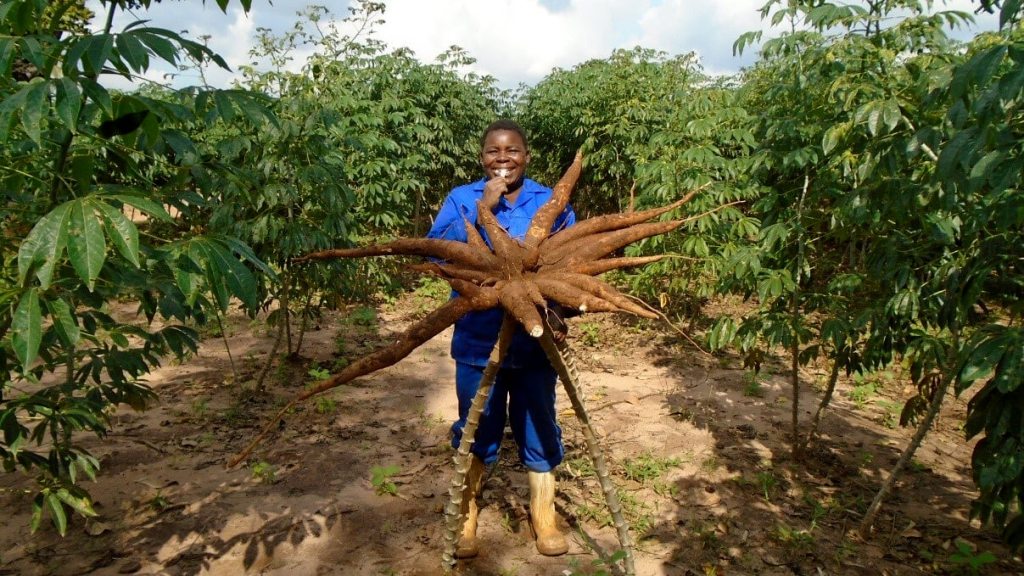
Luisa Chiquede, one of the local project beneficiaries, offered: “I used to grow my cassava using old agricultural practices. The seed from the project has increased my production. I can see a huge difference now.”
Pigs, chickens, cattle, rabbits and fish farms prevail
Plant cultivation and harvests are possible in their seasons, but animals can be raised all year long. A number of conference teams concentrate on animal and fish raising in addition to agriculture to increase livelihoods and nutrition in targeted communities.
Zimbabwe conference farms are investing in chicken production, a favorite among farmers with smaller land holdings in the area. Chickens, pigs and rabbits are also being raised through the YAI project at Quéssua, East Angola.

United Methodists in Côte d’Ivoire attended a YAI training held at the Songhai Center in Benin and developed a tilapia fish farming project, concentrating on 15 ponds. “We were taught natural fish farming skills and how we can improve our productivity by controlling the physio-chemical parameters of the pond water.”
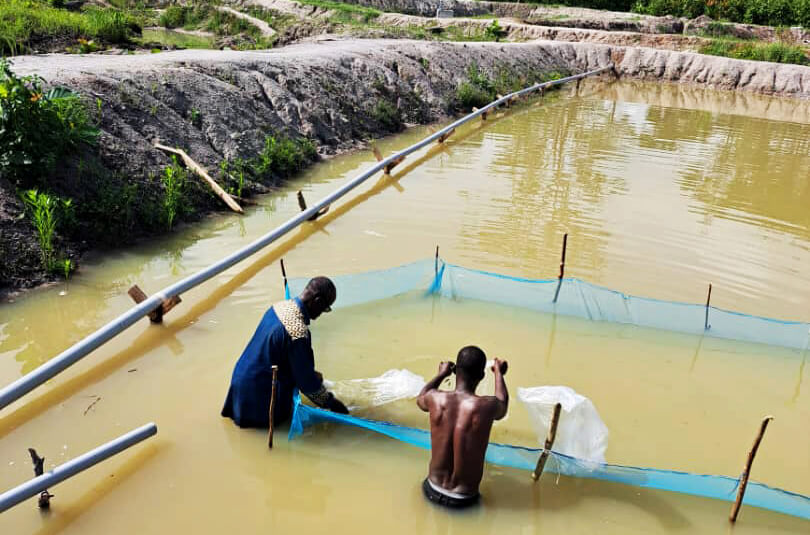
Farmers and conference supervisors in North Katanga also gathered inspiration at the Songhai Center. They returned home from the training and used part of their YAI grant for egg incubators. “We were amazed at the way the Songhai Center set up their chicken farm and how they produce their feed,” noted Alex Ilunga Kibombe, a North Katanga supervisor.
The Nigeria Northeast Conference is working on a cattle-fattening project.
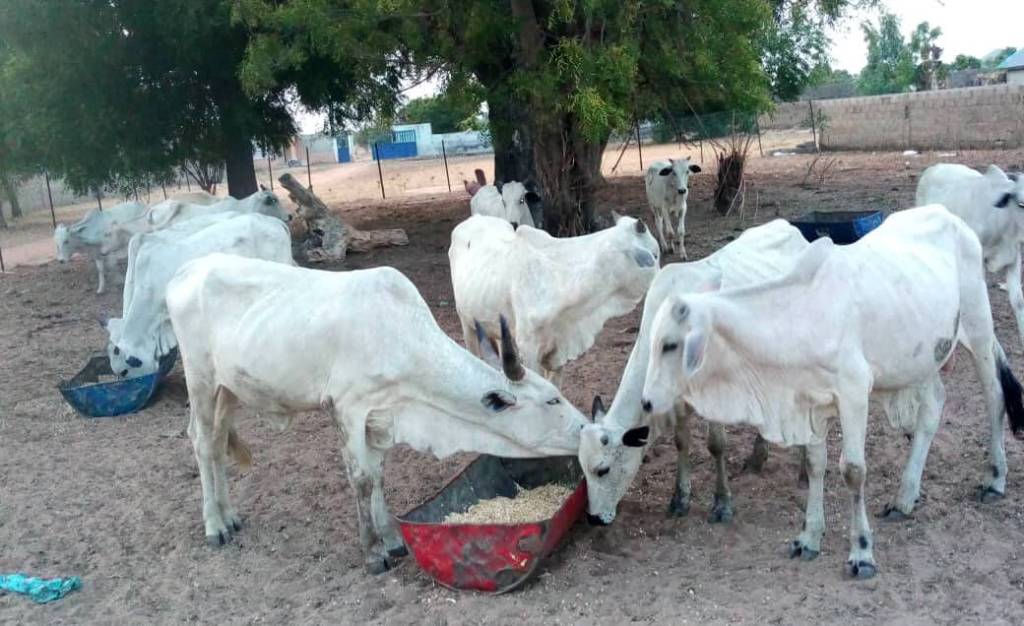
Seeds, honey and a few other innovative projects
Liberia has a well-developed beekeeping and honey production economy. In addition to poultry and pig farming, the Liberia Conference is scaling up honey production and investing in durable hives for beekeepers. The Rev. Joseph Theoway, the Liberia YAI coordinator, said they have been able to pay technical staff and meet their agreement of 10% harvest profit for local churches.
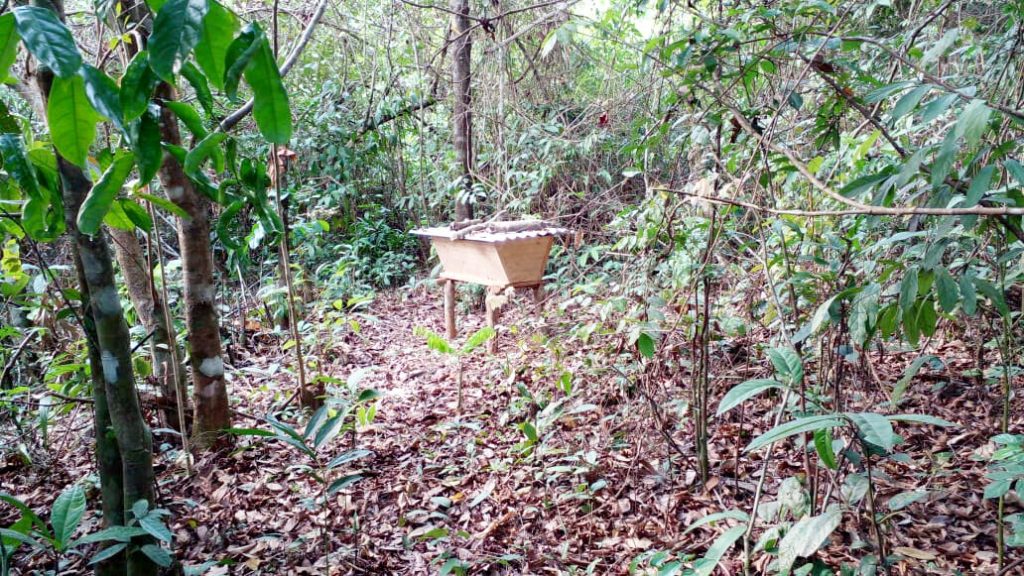
“After this phase of the project, we will not be relying on Global Ministries’ money any longer to continue,” noted Theoway. “We will use funds from the sales to sustain the enterprise.”
Two conference farms, Kamisamba in North Katanga, DRC, and Quéssua mission in East Angola, have invested in seed production. Both are in rather remote areas and have agricultural missionaries present to oversee operations. Their seed banks give farmers an option of seeds that are less costly and available locally and specifically developed for the regions they will be farming.
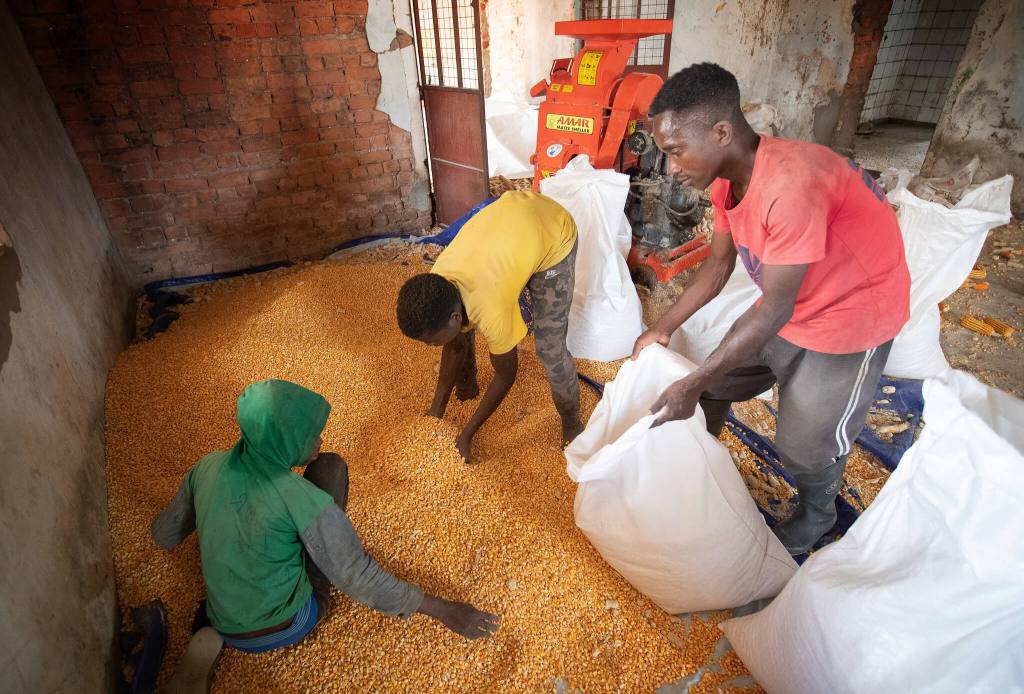
The Northeast Nigeria Conference is reinvesting some of the proceeds from rice sales to develop its own rice milling enterprise.
Since YAI offers business practice and industry training to all conferences, the UMC expects that as the years pass, central conferences will invest more of their own proceeds and the need for outside grants will eventually diminish.
Christie R. House is a consultant writer and editor with Global Ministries and UMCOR with quotes gathered by Phileas Jusu in Sierra Leone.
The Yambasu Agriculture Initiative
The Yambasu Agriculture Initiative was launched by Global Ministries in 2020 in honor of the legacy of Bishop John K. Yambasu. The program works toward the realization of the vision shared by the late bishop that the African church can be made self-sustaining if its resources, both land and human, are optimized through agriculture. Through the provision of grants and training, YAI mobilizes existing land and human resources within the church; improves community livelihoods and food security long-term; and builds capacity in annual conferences toward long-term financial solvency.
Support food security and agricultural sustainability in Africa.

